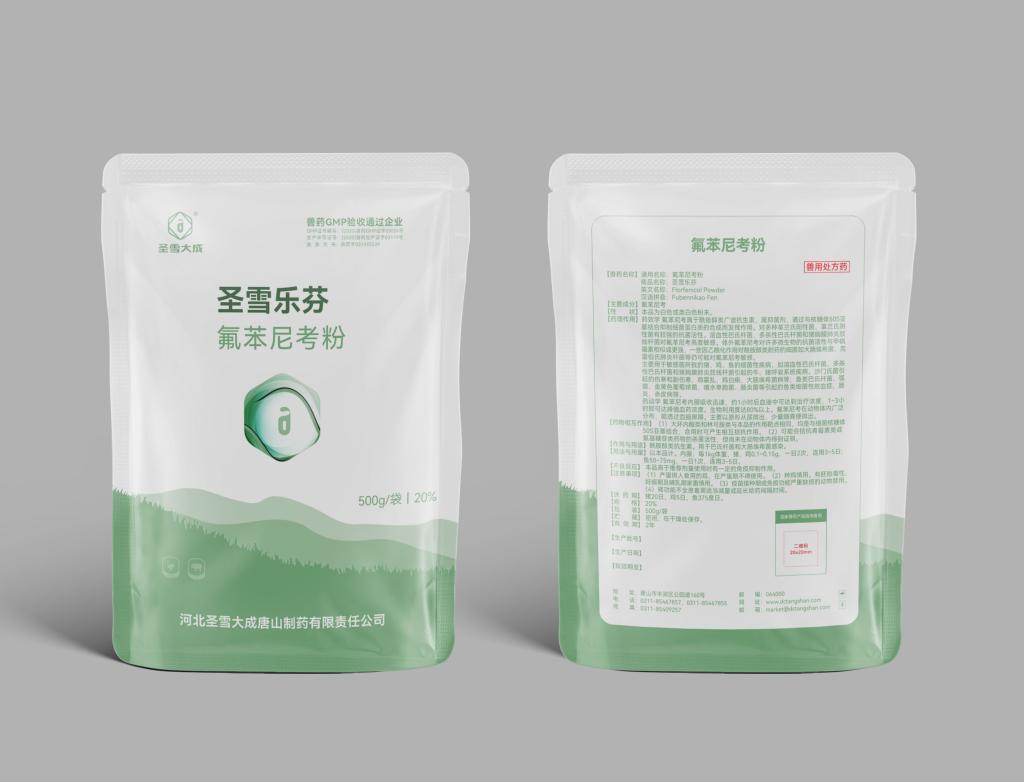Tel:+8618231198596

News
 CONTACT
CONTACT
 CONTACT
CONTACT
- Linkman:Linda Yao
- Tel: +8618231198596
- Email:linda.yao@dcpharma.cn
- Linkman:CHARLES.WANG
- Department:Overseas
- Tel: 0086 0311-85537378 0086 0311-85539701
News
The efficacy of Florfenicol Powder has made it a preferred choice among veterinarians.
TIME:2024-09-19
Understanding Florfenicol
Florfenicol is a derivative of chloramphenicol, modified to enhance its therapeutic profile. It possesses a broader spectrum of activity against both Gram-positive and Gram-negative bacteria compared to its predecessor. The drug is available in powder form and can be administered orally or via injection, depending on the specific needs of the patient and the type of infection being treated.
Mechanism of Action
The mechanism of action of florfenicol involves binding to the 50S ribosomal subunit of susceptible bacteria, preventing the formation of the 70S initiation complex and thus inhibiting protein synthesis. This leads to the cessation of bacterial growth and, ultimately, to the death of the bacterial cells. Importantly, florfenicol is not subject to acetylation by bacterial enzymes, which is a common resistance mechanism encountered with chloramphenicol, making it more effective against resistant strains.
Clinical Applications
1. Treating Respiratory Infections
Florfenicol is particularly noted for its effectiveness in treating respiratory infections in livestock, such as bovine pneumonia caused by Mannheimia haemolytica, Pasteurella multocida, and Haemophilus somnus. The drug's ability to penetrate deep lung tissues makes it invaluable in combating these types of infections.
2. Managing Gastrointestinal Disorders
In addition to respiratory issues, florfenicol is also utilized in the management of gastrointestinal disorders. It can be effective against enteric pathogens like Escherichia coli and Salmonella spp., which are common causes of diarrhea and enteritis in farm animals.
3. Addressing Systemic Infections
For systemic infections that require a broad-spectrum antibiotic approach, florfenicol is often the go-to choice. It is effective in treating conditions such as septicemia, endocarditis, and urinary tract infections, providing veterinarians with a reliable tool in their arsenal.
Advantages of Florfenicol
1. High Potency
Florfenicol demonstrates high potency against a wide range of bacteria, making it particularly useful in situations where mixed infections are suspected or where rapid intervention is required to prevent the spread of disease.
2. Good Tissue Penetration
The ability of florfenicol to penetrate tissues deeply enhances its effectiveness in treating infections located in hard-to-reach areas of the body, such as the lungs or joints.
3. Low Likelihood of Resistance
Given its unique structure and mechanism of action, florfenicol has a lower likelihood of inducing resistance compared to other antibiotics, allowing for sustained efficacy over time.
4. Ease of Administration
Available in powder form, florfenicol can be easily mixed with feed or water for oral administration, making it convenient for treating large numbers of animals simultaneously.
Challenges and Considerations
Despite its numerous advantages, the use of florfenicol comes with considerations that veterinarians must take into account:
Responsible Use: Like all antibiotics, florfenicol should be used responsibly to minimize the risk of developing resistant strains of bacteria.
Withdrawal Periods: Adhering to recommended withdrawal periods is crucial to avoid residue issues in meat and milk products destined for human consumption.
Monitoring Response: Close monitoring of the animal's response to treatment ensures that the course of therapy is adjusted as needed and that side effects are promptly addressed.
Conclusion
The efficacy of florfenicol powder in treating a broad spectrum of bacterial infections has solidified its position as a preferred choice among veterinarians. Its potent antibacterial activity, good tissue penetration, and low likelihood of inducing resistance make it a valuable asset in veterinary practice. With proper use and management, florfenicol can continue to play a vital role in maintaining the health and productivity of livestock and the well-being of companion animals.
- Tel:+8618231198596
- Whatsapp:18231198596
- Chat With Skype







